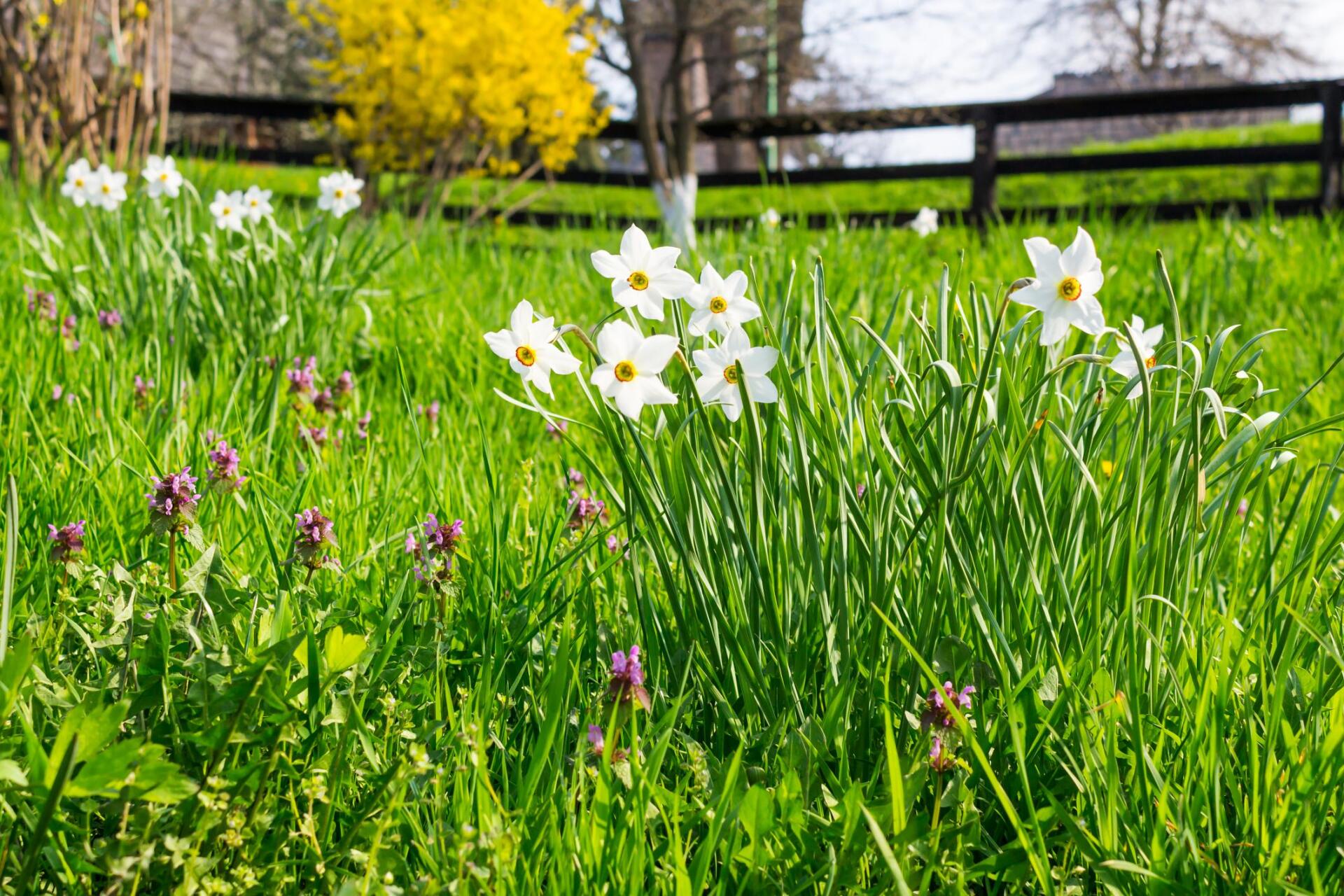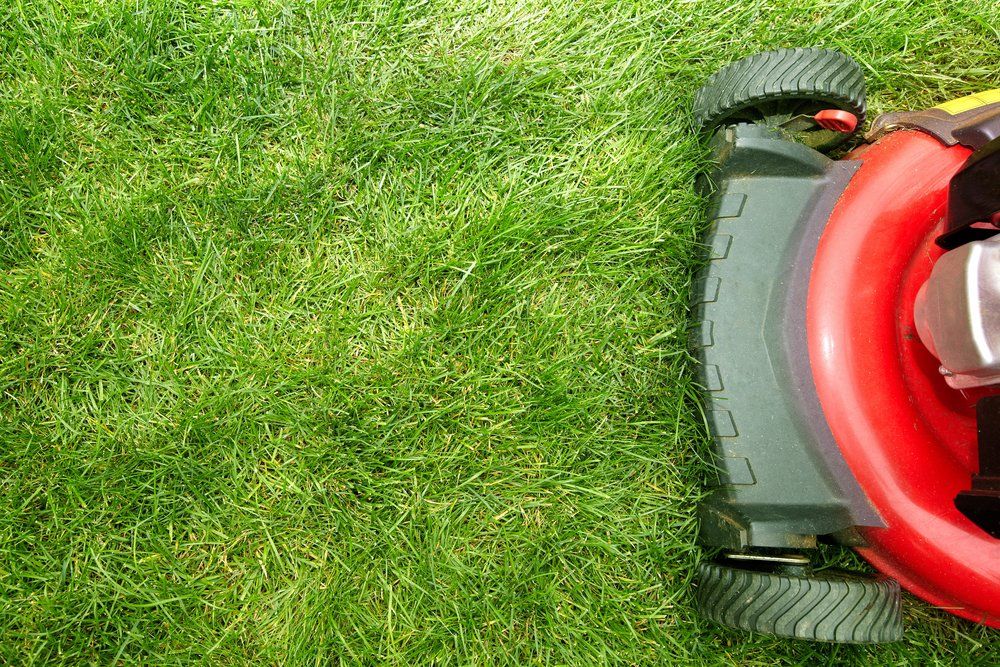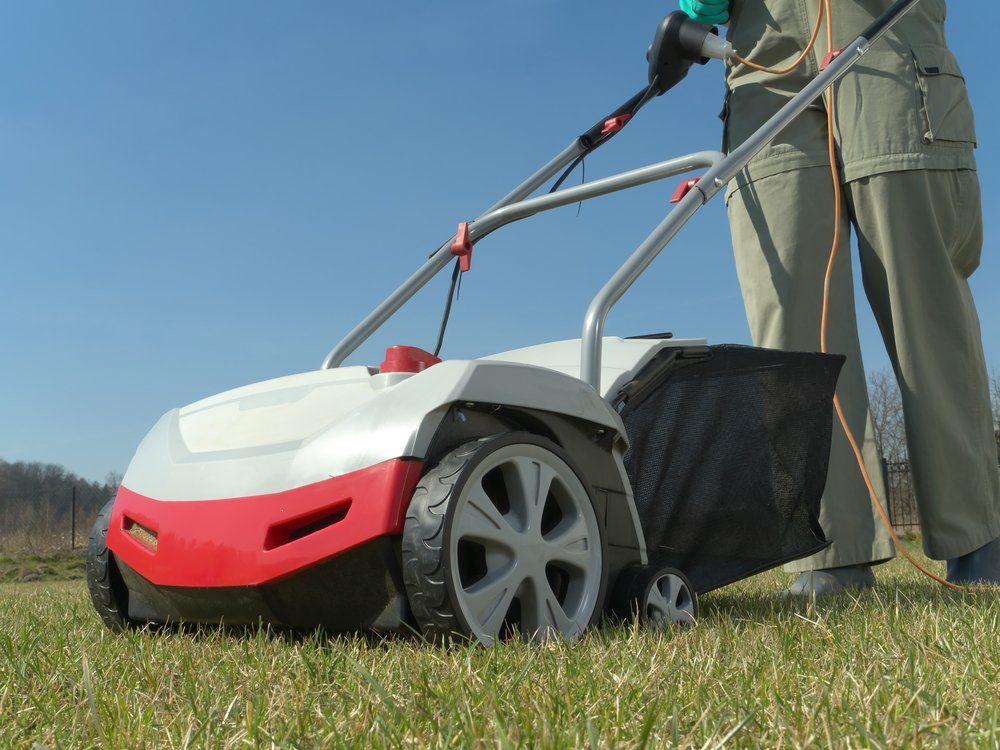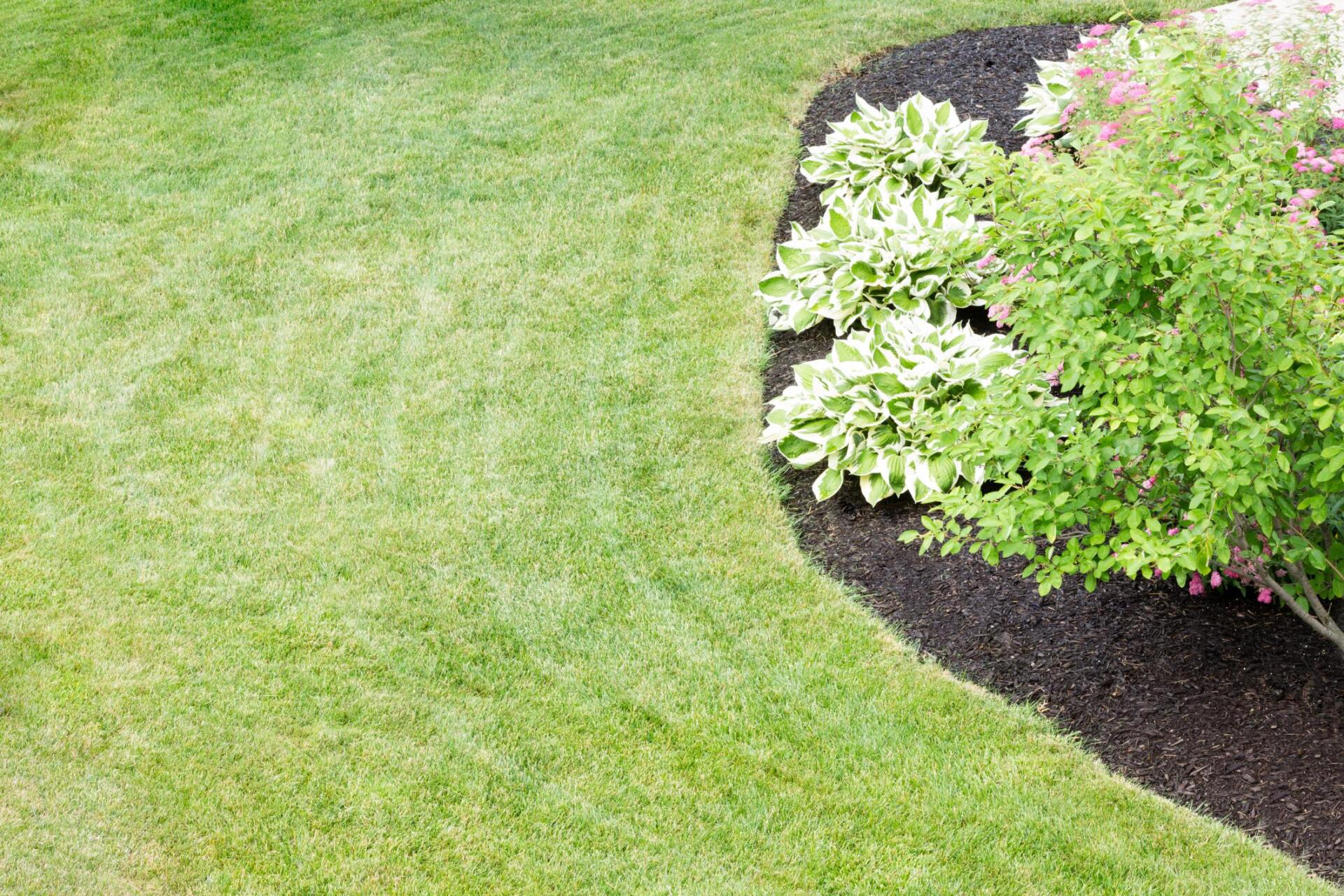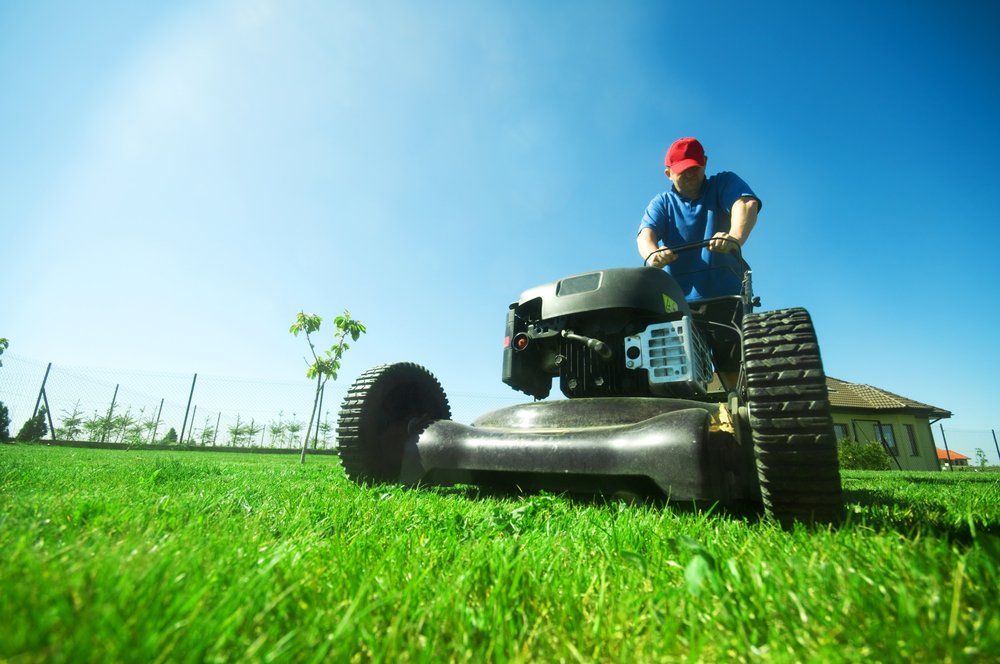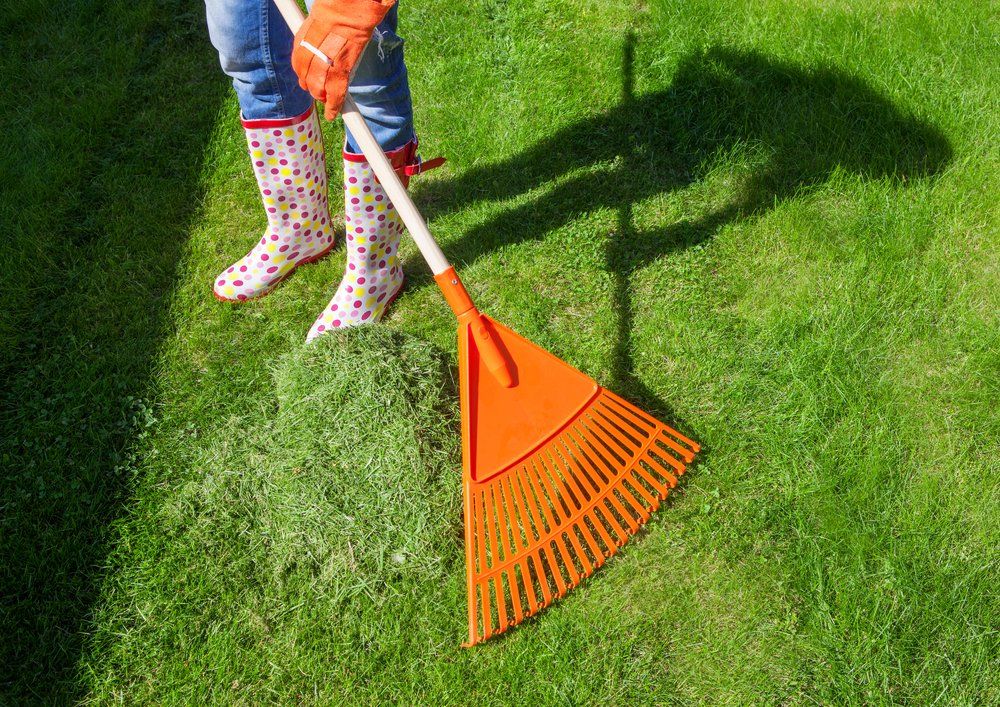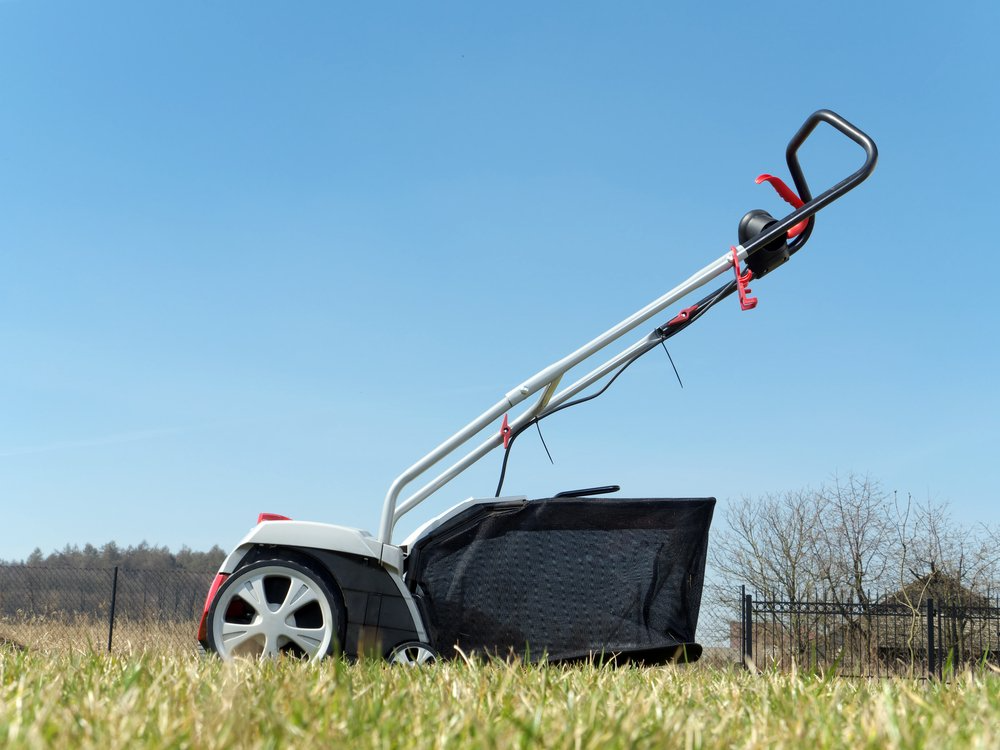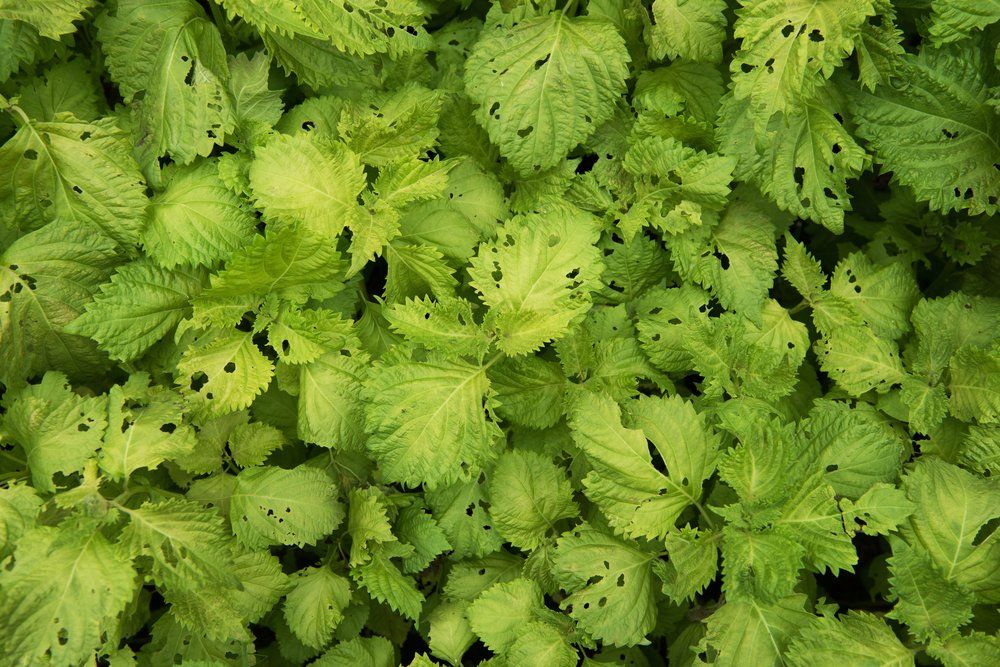Grubs are grubs, right? They’re just pests that destroy your lawn and garden. You can pick them off by hand or use some kind of pesticide to get rid of them. But grubs are actually more than just a nuisance for homeowners; they can cause serious damage to the environment in general if left unchecked.
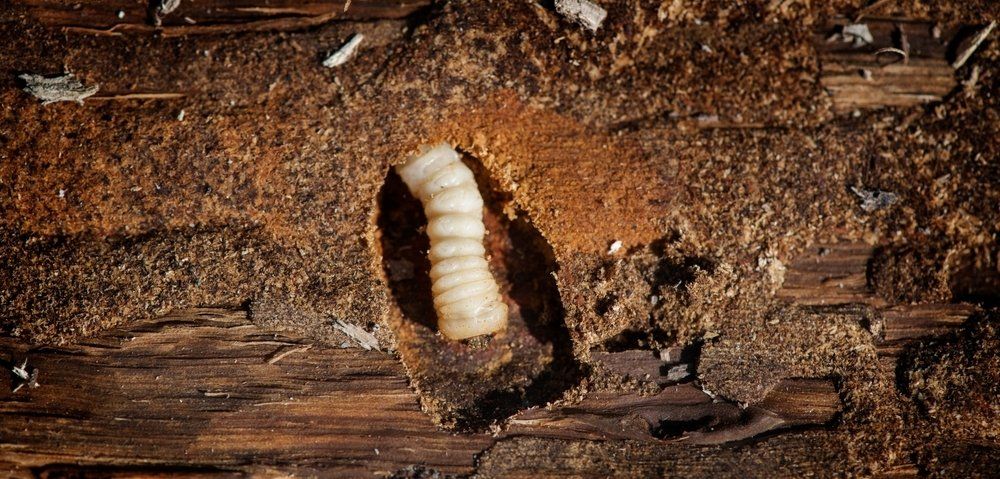
That’s why it’s important not only to protect your own property but also the land around you- especially if you live near wetlands or other eco-sensitive areas.
If grubs have invaded your area, this blog post will show you how to identify grub eggs and larvae, as well as provide tips on prevention methods so that these critters don’t wreak havoc on your landscape.
What are grubs?
Grubs are the larvae of certain types of beetles, such as Japanese Beetles and June Bugs. They’re brownish or creamy-white in color, have a C-shaped body, and range in size from ¼ to ½ inch long. Grubs typically feed on the roots of plants, which can quickly kill turfgrass and other vegetation.
How do I identify grub eggs and larvae?
Grub eggs are usually deposited just below the soil surface in late summer/early fall. The eggs are round, white, and about the size of a pencil eraser. If you see small mounds of dirt near the base of your plants, these are likely grub egg mounds.
Grub larvae can be more difficult to identify since they move around and hide in the soil. However, if you see any brownish or white C-shaped creatures on or near the surface of the soil, then you’ve probably found a grub.
It can cause significant problems for homeowners and commercial landscapers if left unchecked. By knowing what grubs look like, how eggs are deposited, and simple prevention techniques, you can stop them from causing damage to your landscape! We’ll help you take the necessary steps so grubs don’t stand a chance at destroying your property! So keep reading below…
The Best Ways to Get Rid of Grubs
1. Check for grubs in the lawn
The grass isn't just green, it's also a haven for grubs. You may not always see them and that is because their color blends in with the leaves on your lawn or garden plants so well!
Grubs will eat away at the roots of your plants and if they are in numbers, can quickly kill off your grass. It will damage often looks like patches of dead or brown grass. You can try to remove them by hand (which is a tedious process) but it's not always successful.
If you're concerned that grubs may be attacking your lawn, there are a few things you can do to check for them. First, look for small mounds of dirt near the base of your plants- these are likely grub egg mounds. You can also check for grubs by digging into the soil and looking for C-shaped creatures on or near the surface. If you find any grubs, take steps to get rid of them before they cause more damage.
If you're unsure whether grubs are the problem, you can also bring a sample of your soil to a local garden center or nursery. They'll be able to help identify grubs and recommend the best course of action for getting rid of them.
2. Dig out the grub, then spray with a pesticide to kill them
The best way to prevent grubs from destroying your landscape is to take proactive steps before they become a problem. Grubs can be very pesky creatures, but there's an easy way to get rid of them. Dig up the grub using a garden tool and then spray it with pest control products! You can usually find grub control products at your local garden center.
Be sure to read the directions carefully and follow all safety precautions when using a pesticide. It's important to only use pesticides as a last resort since they can be harmful to both people and the environment.
If you want to get rid of the pesky bugs that seem immune to our pesticides, then grab some food and spray it on their plates. If they'll eat it or drink whatever liquid is inside but at least this way we can poison them with ease!
Stop grubs from destroying your landscape & garden grubs can be a major problem for any homeowner or commercial landscaper. These pests can quickly destroy turfgrass and other plants in your garden. But with the right preventative steps, you can stop grubs from causing damage.
Get out the grub, then spray with a pesticide to kill them.
3. Add an organic mulch to help protect against future infestations
The addition of organic mulch can help protect against future infestations. It provides a soil condition that is perfect for planting and keeps weeds at bay, which means you won't have to worry about them coming back again anytime soon!
By grub-proofing your lawn and garden this fall, you'll be well on your way to preventing grubs from causing issues for next year.
Don't wait until it's too late!
If grubs have invaded your area, then spring is the best time of year to prevent them from doing damage in the future. The first step is checking for grubs in the soil by looking for small mounds of dirt near the base of plants or digging into the ground with a shovel. If you find any grubs, take steps to get rid of them before they cause more damage by either handpicking or applying pesticides at the correct rates per square foot. Next up are leaf blowers which can actually help spread harmful insects so grub populations will have to be monitored.
The best ways to protect your landscape against grub infestations is to add organic mulch. Mulch helps to keep the soil moist and prevents the eggs from hatching. It also makes it difficult for the grubs to move around, making it easier to find and remove them.
If you're concerned about grubs attacking your landscape, be sure to add organic mulch to help protect against future infestations. It's a simple, easy way to help keep your plants safe!
One of the grub's favorite food is Organic mulch. That’s right grubs love to eat mulch and if you have an infestation in your landscape will go for the grub bait. You can buy grub bait that is organic or make your own by using water, sugar, and yeast. The yeast will ferment the sugar and create carbon dioxide gas, which will kill grubs over time. Add this mixture around plants that are being attacked by grubs every two weeks until the grubs are gone.
Stop grubs from destroying your landscape & garden by adding organic mulch to help protect against future infestations. It helps to keep the soil moist and prevents the eggs from hatching. It also makes it difficult for the grubs to move around, making it easier to find and remove them. If you're concerned about grubs attacking your landscape, be sure to add organic mulch today.
Grub prevention is key when stopping grubs.
4. Keep your grass healthy by watering it regularly and feeding it fertilizer
Trees and plants need water to survive, so do your lawn. If you don't refresh its dirt often enough it will become dry as a bone which in turn causes cracks on top of browning grass spots from lackadaisical shedding leaves that may have fallen off due to old age (or maybe because there was no fertilizer). Now if this sounds like something important for what I just said then here’s how: Keeping up with these basic maintenance tasks are some easy ways to help bring back vibrancy into the entire landscape!
One of the best ways to grub-proof your lawn is to keep it healthy by watering it regularly and feeding it fertilizer. A well-maintained lawn is less likely to be attacked by grubs, so be sure to give it the attention it needs!
Watering your lawn regularly is essential for keeping it healthy and grub-free. The soil should be kept moist at all times, especially during periods of drought. Make sure to water your lawn in the morning so that it has time to dry before nightfall.
Feeding your lawn fertilizer is also a great way to keep it healthy and grub-free. Fertilizer provides the grass with the nutrients it needs to stay strong and healthy. Be sure to look for grub-specific fertilizer, which will kill grubs without harming your other plants.
5. Consider planting new trees or shrubs that are resistant to insects
If you're concerned about grubs attacking your landscape, consider planting new trees or shrubs that are resistant to insects. These plants will be able to withstand an infestation and will help keep your garden looking beautiful!
Planting new trees or shrubs that are resistant to grub infestations is a great way to protect your landscape from these pesky insects. There are many types of resilient plants available, so be sure to do your research and find the best ones for your garden. Be sure to research the best plants for your garden, and ask your local nursery for recommendations.
This is an easy way to keep your garden weed-free and enjoy fresh, green shade all year round.
6. Apply pesticides as needed, but never use pesticides near water sources or on windy days when they could drift onto other properties
Pesticides can be a great way to stop grubs from destroying your landscape, but it's important to use them responsibly. Never apply pesticides near water sources or on windy days when they could drift onto other properties. This could cause serious damage to other plants and ecosystems!
When using pesticides, be sure to follow the instructions carefully. Always apply pesticides in a well-ventilated area and avoid contact with skin and eyes. Never apply pesticides near water sources or on windy days when they could drift onto other properties. Pesticides can be a powerful tool in protecting your landscape from grubs, but it's important to use them responsibly!
How do I protect my landscape from grubs?
There are several things you can do to prevent grubs from causing damage to your property:
- Keep your lawn healthy and well-maintained. A healthy lawn will be less susceptible to grub infestation.
- Apply an appropriate pesticide before grubs become a problem. There are both organic and chemical pesticides available that can help you deal with grubs.
- Apply beneficial nematodes to your garden in the fall, which will kill grub larvae before they have a chance to do damage. Nematodes are naturally occurring organisms that feed on grub larvae but pose no threat to plants or humans/animals.
If grubs are ruining your lawn, you're not alone. These pesky insects can quickly destroy turfgrass and other plants in your garden or landscape. Fortunately, there are several things that you can do to prevent grubs from causing damage to your property! Be sure to keep up with basic maintenance tasks like watering the lawn regularly and feeding it fertilizer so that it stays healthy and grub-free all year round.
You could also plant new trees or shrubs resistant to grub infestations if you want a long-term solution for protecting against grubs attacking your landscaping. And of course, be mindful about applying pesticides responsibly by following directions carefully (and never using them near water sources!). Pesticides provide powerful protection against grubs, but it's important to use them responsibly.
Never apply pesticides near water sources or on windy days when they could drift onto other properties. Pesticides can be a powerful tool in protecting your landscape from grubs, but it's important to use them responsibly! If you're concerned about grub infestation damaging your garden, follow these steps for preventing grubs and enjoying a healthy lawn free of grubs all year round!
This is an easy way to keep your garden weed-free and enjoy fresh, green shade all year round. It also provides the grass with the nutrients it needs to stay strong and healthy throughout the summer months! Fertilizer will help ensure that there are no more grubs hanging around causing damage to your lawn.
Apply an appropriate pesticide before grubs become a problem. There are both organic and chemical pesticides available that can help you deal with grubs. When using pesticides, be sure to follow the instructions carefully. Always apply pesticides in a well-ventilated area and avoid contact with skin and eyes.
Keep your lawn healthy and well-maintained.


